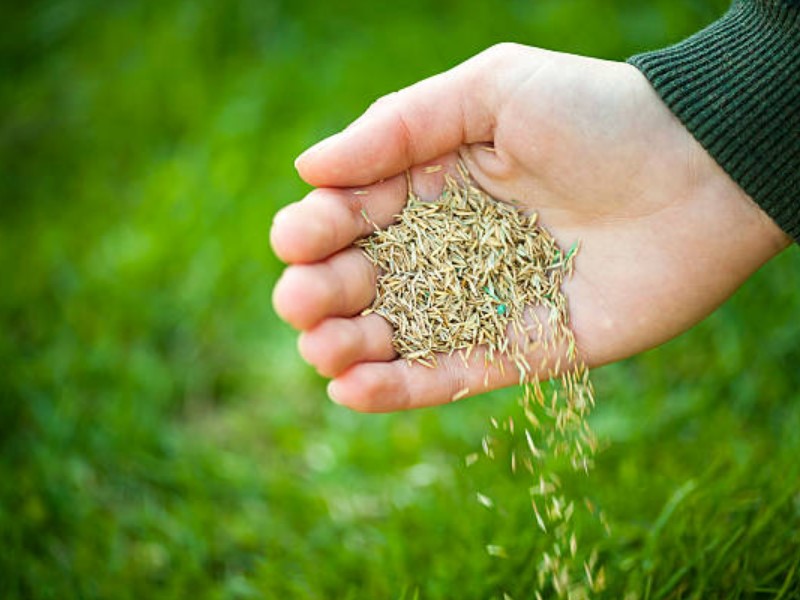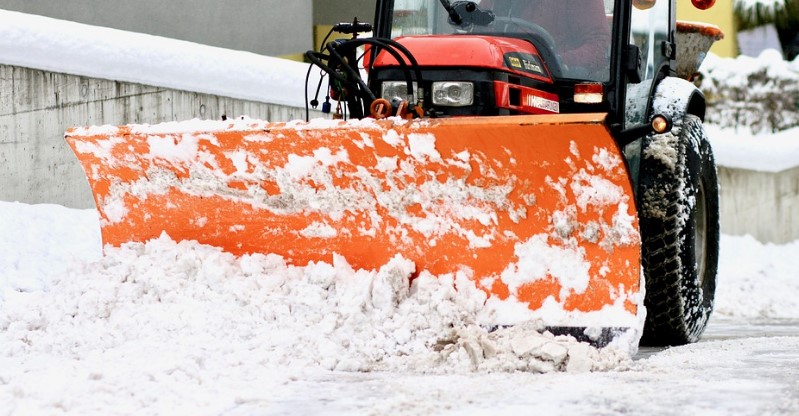It doesn’t matter if you plan to grow your lawn from the ground up or revitalize the current grass that suffered from winter or diseases. Finding the most appropriate grass seed and using the most suitable grass fertilizer can work wonders to transform an ordinary lawn into one that turns heads and becomes an object of envy among your neighbors.
Believe it or not, a well-maintained and lush lawn doesn’t only improve the curb appeal of your home. It can also produce the necessary oxygen, absorb rainfall, reduce soil erosion, and absorb dust and particles to improve the overall quality of air.
Thankfully, there are now numerous grass varieties to choose from. In general, turf grasses are categorized into two. The first category includes the cool season grasses that are more fitting for places that experience rampant temperature changes and colder months of winter. Warm-season grasses, on the other hand, thrive and survive in areas that enjoy warmer climates
Take a look at the descriptions and details of different types of grass seeds according to the season:
Grass Seed for Warm Climate
Warm-season grasses are known for their ability to resist and endure hotter temperatures. The following are some of the best varieties of grass seeds you can consider if you are living in a region that experiences a warmer climate:
Bermuda Grass
One of the most popular types of warm-season grasses is none other than Bermuda grass. It is known for its aggressive growth, which means it can fill up a lawn before you even know it. Bermuda grass requires frequent watering and full sun so that it can grow and reach its fullest potential.
This grass seed variety is also wear-resistant and drought-tolerant. Overseeding using rye as a grass fertilizer will let your lawn stay verdant and healthy even in cold winter months.
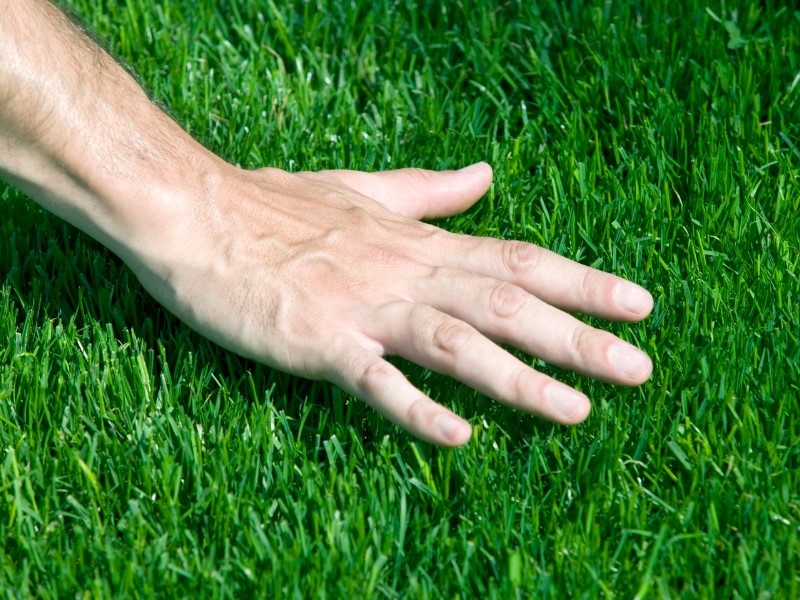
Bahia Grass
Bahia grass is a type of tough warm-season turf grass perfect for hot and humid areas. It requires a minimal amount of water and grows and thrives under partial shade or full sun.
The texture of Bahia grass is rougher compared to other turf grasses. Thanks to its roughness, this type of grass can easily endure foot traffic.
St. Augustine
Known for its rather slow growth, St. Augustine is a grass variety with wide and coarse leaves with almost rounded tips. This grass is very tough and extremely resistant to heat, making it a favorite choice in areas that often get hot climates.
But despite its toughness, St. Augustine still requires frequent watering. The good news is that it can bear heavy rains. Despite not being as soft and cushiony as other grass varieties, St. Augustine is still preferred for its remarkable resistance to high levels of foot traffic and mechanized lawn equipment and tools.
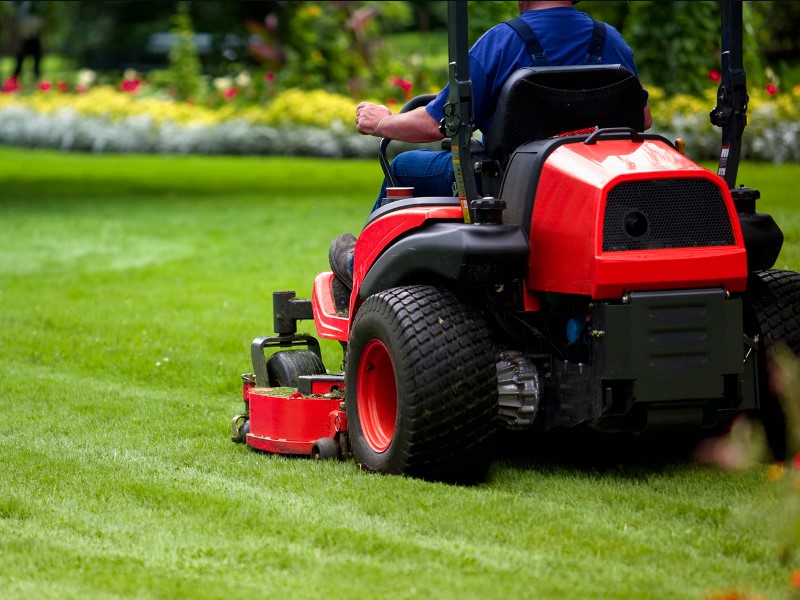
Centipede Grass
- A low-growing and low-maintenance turf grass variety, centipede grass has a very rough texture.
- This type of grass is most suitable for areas with acidic soil.
- But it may not thrive well in regions that are extremely dry except if it is watered regularly.
Zoysia Grass
Zoysia grass and St. Augustine grass are almost the same in certain respects. This grass variety grows slowly, has stiff and coarse leaves, and needs maximum sunlight.
The grass typically becomes brown when exposed to long winters but will still regain its verdant color the moment the temperatures hike once again.
Grass Seeds for Cold Seasons
Grass seeds for cold seasons are extremely resistant to colder temperatures compared to their warm-season counterparts. They also tend to grow fast during the spring and fall seasons. But the growth of these grasses slows down when the warmer seasons begin.
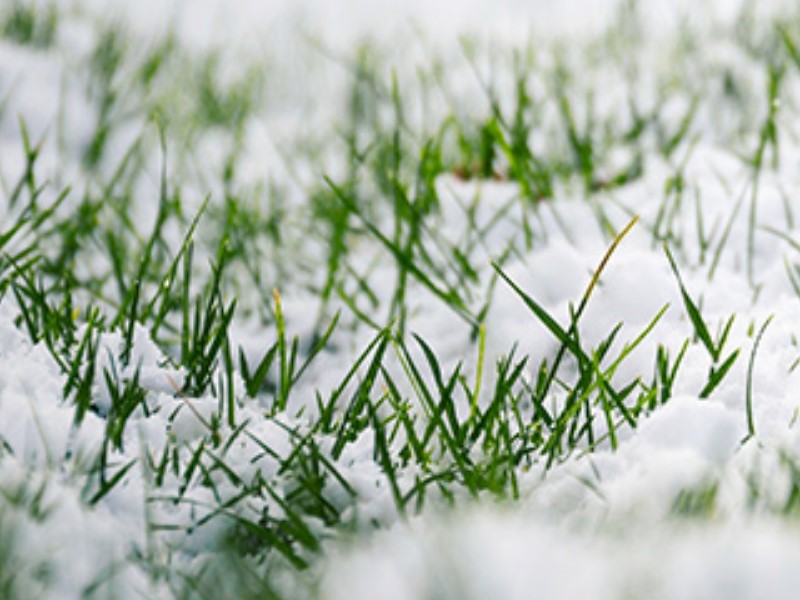
The following are some of the popular cold-season grass varieties you might want to consider if you are living in an area with lower temperatures:
Kentucky Bluegrass
Many people living in cooler regions love planting Kentucky bluegrass seeds for a reason. It is also common in sod farms because it is a reliable seed that produces a healthy and hearty lawn.
- This grass variety is known for its lovely V-shaped dark green colored leaves that are extremely soft but still resistant to foot traffic and lawnmowers.
- Kentucky bluegrass can endure both sun and partial shade. But it doesn’t do well in areas with lots of shade. The grass is also acclaimed for being disease-resistant.
Tall Fescue
Tall fescue can endure hot and dry weather way better than the rest of the cool-season grass varieties on the list. It has thick and tough leaves in dark green color and can tolerate high amounts of foot traffic and lawnmowers quite well. This grass variety also grows often in thick and isolated dark green patches.
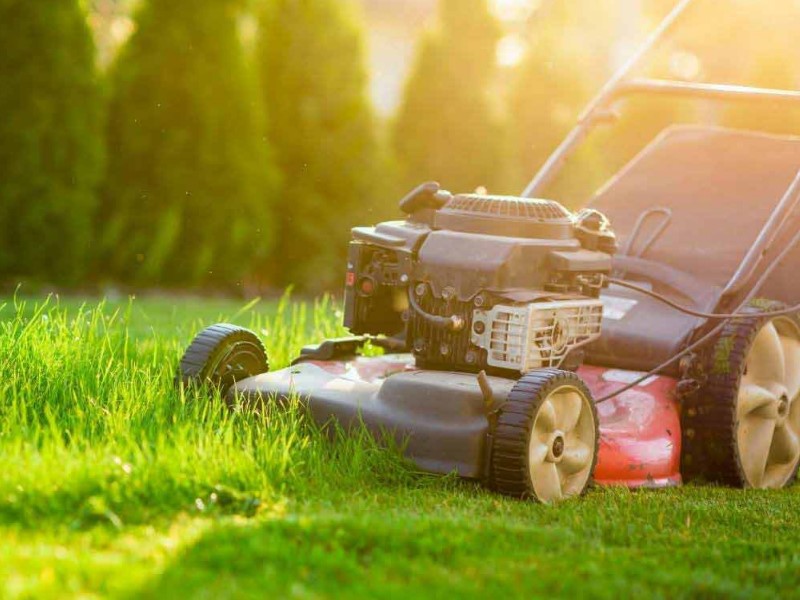
Fine Fescue Grass
A grass variety that grows fast, fine fescue is known for its thin leaves that have pointed edges. The grass variety is commonly used in seed mixes and often blended with bluegrass and ryegrass seeds.
This type of grass cannot endure long periods of hot and dry weather. But it is perfect for regions in the north because it can withstand temperature changes and can thrive in full sun and shade alike.
Fine fescue is also a wonderful grass seed you can plant under the trees. Just remember, though, that cold season fine fescues come in different types. Thus, you have to make sure that you choose one that best suits your specific area.
Perennial Ryegrass
While the perennial ryegrass has pointed, thin, and soft leaves, it can still easily stand up well to foot traffic. This variety can germinate quickly and grow well in sun and shade. It also quickly establishes itself, unlike other cold-season grass varieties.
It is also common to find perennial ryegrass as one component of grass seed mixes. This is generally blended with Kentucky bluegrass seed to produce a highly shade-tolerant grass. The only downside to ryegrass is that it tends to grow thicker in some spots compared to others. It can lead to clumps that might result in a patchy-looking lawn.
